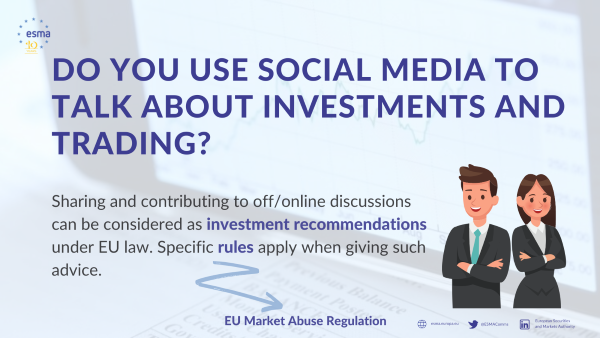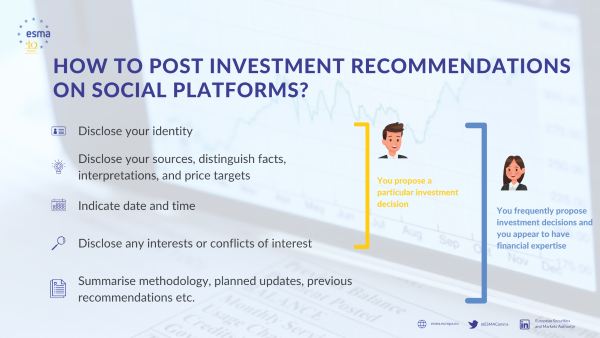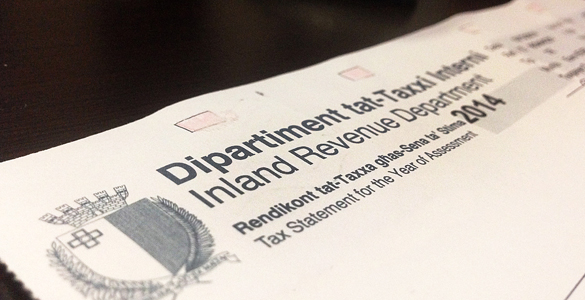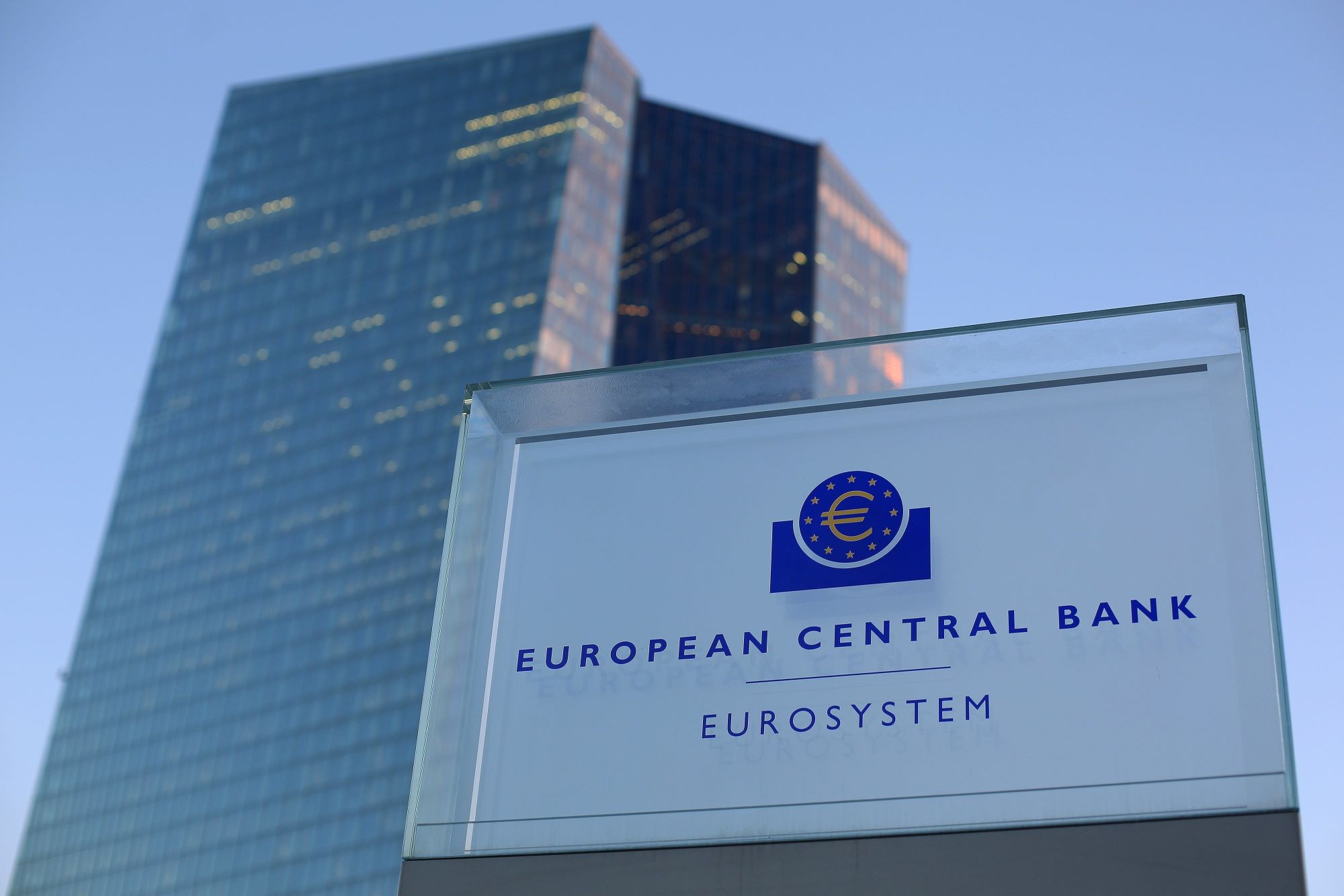The EU body responsible for regulating securities like stocks and bonds has issued a statement warning that rules on investment recommendations also apply on social media.
On Thursday, the European Securities and Markets Authority (ESMA) explained the rules that apply in situations where someone, based in or outside the EU, spreads information proposing an investment decision about EU financial instruments like stocks or bonds, aimed at a broad audience.
The statement, which was also shared by the Malta Financial Services Authority, noted that spreading information would include sharing an opinion about the present or future price of a particular stock, for example.
In EU law, this is called an investment recommendation, defined as information recommending or suggesting an investment strategy concerning one or several financial instruments or the issuers.
EU rules apply whether the suggestion is made explicitly or implicitly, and cover any opinion as to the present or future value or price of such instrument which are intended for distribution channels or for the public.
Distribution channels can be analyst reports, articles, the traditional media, or even social media.

The ESMA was seeking to draw the attention of anyone who recommends investments in some way or form, via any platform, and anyone who makes investment decisions based on investment recommendations done on any platform.
The authority made it clear that this includes social media.
The ESMA stated that such opinions, which are often shared on social media in an environment many believe is unchecked and unregulated, have the potential to mislead investors.

“Investment recommendations must be done in a specific – and transparent – way,” the authority said, “so that investors, before making any investment decision, can know and assess the credibility of the recommendation – and how objective it is – and any interests of those making the recommendations.”
This way, it said, everyone is free to express opinions without potentially harming others in the process.
The ESMA further clarified that investment recommendation are usually made by firms like banks and brokers as well as financial analysts.
However, other individuals who propose an investment strategy could be also thought to produce an investment recommendation when the proposal is intended for wider distribution.
“That would include posting on social media,” the statement read.
“On top of that,” it continued, “if one produces investment recommendations frequently, intends to reach a large audience, and presents themselves as having financial expertise, that may mean that one can be considered to be an expert. In such a case, more disclosures are required by the law.”
The rules, the ESMA explained, are in the EU Market Abuse Regulation. These require that those making investment recommendations disclose their identities, present recommendations in an objective way, and disclose all relationships or circumstances that would impair objectivity.
For experts, additional rules need to be followed.
In a warning to those looking to subvert the rules, the ESMA noted that EU regulators proactively track conduct, orders and transactions by investors in the market. If there is reason to do so, they investigate.

“If the rules relating to investment recommendations are not adhered to,” the authority said, “there can be fines or further supervisory actions, which may potentially include the referral to Public Prosecutors.”
Here’s what the ESMA said:
“Investor protection is at the core of ESMA’s objectives together with financial stability and ensuring stable and orderly markets.
“Following a rise in investment recommendations made on social media and a concern that retail investors are not aware of the risks associated with following such recommendations, ESMA considers that investment recommendations must be produced and disseminated in an objective and transparent way so that investors, before making any investment decision, can distinguish facts from opinions.
“It is also crucial that investors are able to easily identify the source of information and any conflicts of interest of those making the recommendations.”
Interim Chair Anneli Tuominen said:
“In times where social media platforms are a key source of information for retail investors, I believe it is important that they should be aware of the risks associated with relying on recommendations disseminated on social media when making investment decisions.”
“The aim of the Statement is also to remind those who recommend investments on social media and other similar platforms of the applicable rules and what happens when those are not respected.”
Top 5% of taxpayers responsible for one-third of all income tax paid in Malta
On the other hand, the bottom third of income earners pay just 1.7% of all income tax generated
The Malta Institute of Accountants prepares for its 2024 Anti-Money Laundering Conference
Held at the Radisson Blu, St Julians, this latest AML Conference promises to bring exclusive insights on new procedures
Eurozone interest rates to remain unchanged
The European Central Bank noted that price pressures remain persistent






